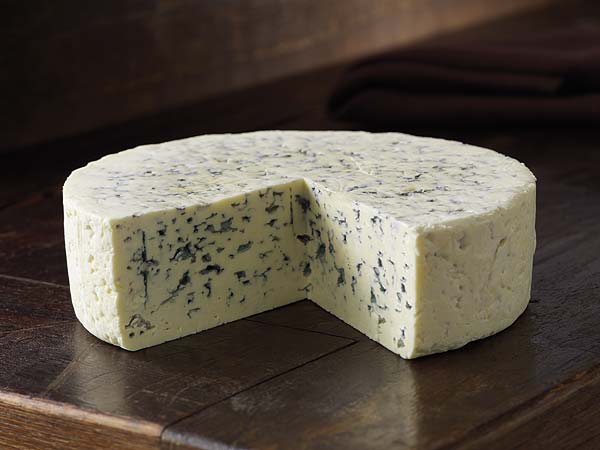This past weekend I went to a homecoming party for a friend who I haven’t seen in about a year. Seeing this friend for the first time in such a long time brought up some things that made me think a lot about the concepts of “self” and “ego.” I felt terribly insecure at this party, and it wasn’t until afterwards that I was able to break down my thought process and see what had been going on.
On the train on the way to the party, I did some of this week’s reading for the IDP’s current book-study on “The Sanity We Are Born With,” by Chogyam Trungpa Rinpoche. Trungpa has a way of writing about tricky concepts in a way that helps me to visualize and better understand things that are difficult to grapple with. His illustration of the five skandhas, the five “heaps of collective things that happen in our mind,” was particularly helpful for me.
Here’s my rough sketch of how the five skandhas were at play for me during the party. Please feel free to correct me if I am mistaken in my interpretation, or you have anything else to add!
The first skandha is form:
“That self-existing Danish blue cheese is constantly fermenting itself, whether you pass store after store of it or customers bought it and put it in their refrigerators. That Danish blue cheese is still fermenting itself, growing fungus after fungus in it. It’s taking place all the time….trying to make yourself exist is like the blue cheese trying to maintain itself by overgrowing its fungus and becoming dissolved into nothingness” (73, Trungpa).
Think about that image for a moment. Blue cheese fermenting in a fridge. Ew.
So, the first skandha gives matter it’s “solidity.” But this physical manifestation is impermanent. The concept that there is a solid me that is here and does not change is an illusion. Like blue cheese. Sooner or later, it goes bad.
In terms of my old friend: Seeing my friend vs. seeing myself, we are different entities. I am not her. I am very decidedly me.
The second skandha is feeling:
Trungpa conjures up the image of a bag of sand from which the grains are seeping out. “You are constantly looking further and further – for a strong, solid bag that you can put the grains of sand that you collected into, trying to hold them together. That chaos that exists, that no-entity that exists, is trying to create a bag or container, territory” (74,Trungpa).
All of these qualities that make up this part of me, I want to try and hang on to them in any way I can.
In terms of my friend: I recognize qualities in myself that are not the same as the qualities my friend possesses. I like some of these qualities, I don’t like others.
The third skandha is impulse:
“In the same way that there is the desire to make an immediate leap, you could communicate with that, as if there is a message of your existence coming back to you. ‘This experience is very aggressive to you….this experience is very yielding to you….’ We feel very good about it. We try very impulsively, very frivolously, to latch on to such information” (74, Trungpa).
I like this. It’s almost as if our mind is talking to us, giving us reinforcement about what we believe to be true in regards to our thoughts or behavior – telling us that this is me, this isn’t me, and when we get that reinforcement we say to ourselves, good job! You were true to yourself!
In terms of my friend: I don’t like how my friend drinks a lot. I wish I could be more outgoing like her. I would like to be as pretty as she is. I don’t like how rich her family is. I gain positive reinforcement because I feel good about the certainty of these thoughts and that I am the “healthy one.”
The fourth skandha is concept:
“Now we being to realize that we have magnetized enough reinforcement as our friend, as our army of soldiers, and we begin to give them authority….You begin to label things so that you could protect me, my existence…” (74, Trungpa).
So I begin to make decisions based on what I feel would be good for me. Trungpa’s examples are a certain political move, a religious practice, eating certain foods, etc. Actions that I feel express me and feed me.
In terms of my friend: I dress very pretty so that I am more attractive but I wear clothes that express how classy I am; I limit my alcohol intake because that is more healthy; I am very gracious to her parents for inviting me because this is being polite and I am a polite person, showing gratitude makes people like you.
The fifth skandha is consciousness.
“It is the state of consciousness that exists in the realm of past information and memories coming back to you and present thoughts coming to you all the time….The emotions that exist in our state of being are related with the fifth skandha….Emotions of all kinds – such as anger, pride, passion, jealousy, and ignorance – are the highlights of the thought process” (75, Trungpa).
I’ve put an order to it all, and here is my solid self, and here is how my solid self reacts to all the stimuli in the environment that is separate from me.
So there I am at the party, (I being this conglomerate of thoughts, emotions, perceptions, sensations) with my solid (but not) self experiencing the moment as a grumpy and awkward being, and it all arose from this cycle, from these mind-heaps.

